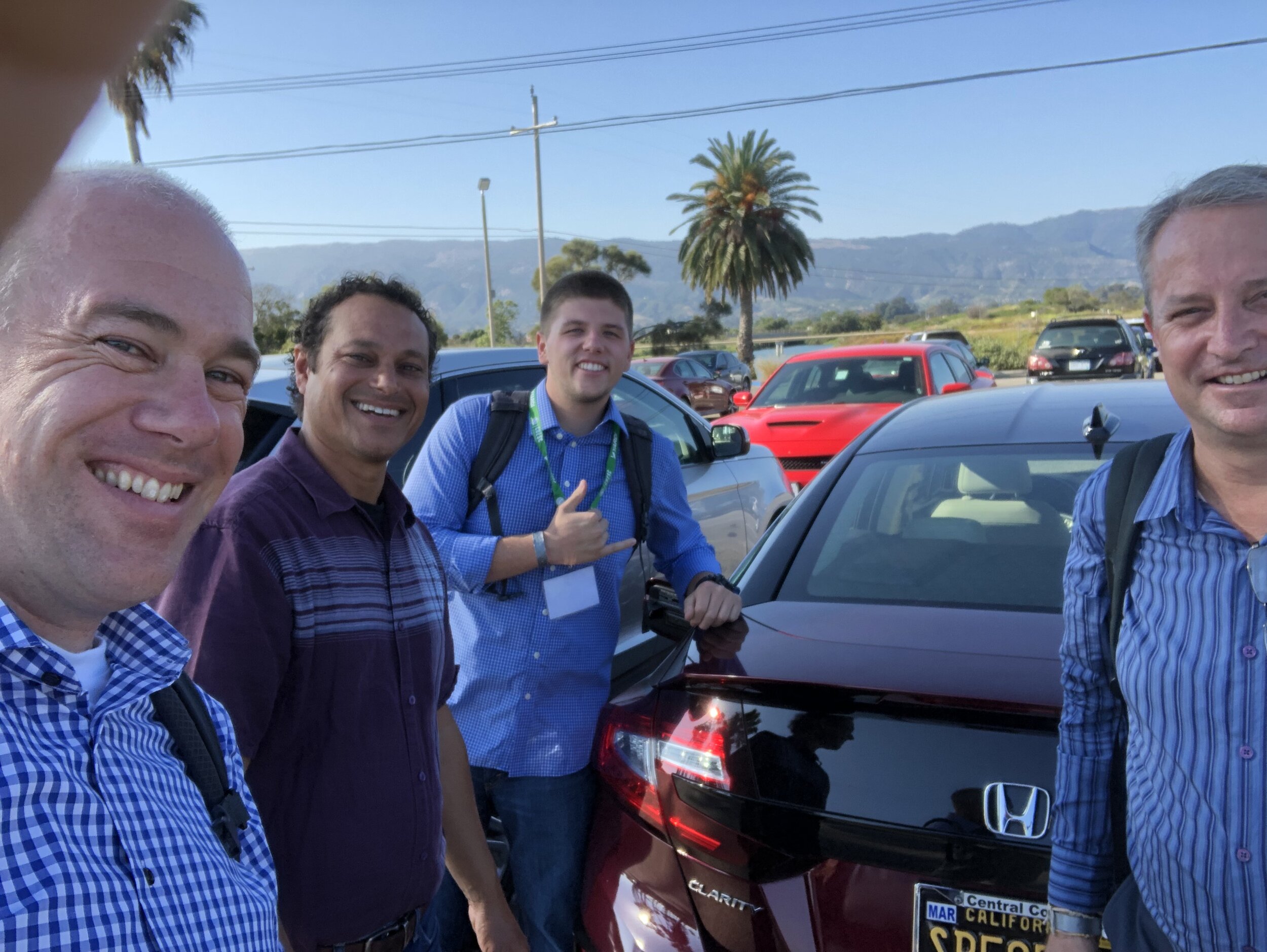Episode 28: Twenty Years of Sustainability with Anne Eskridge at the University of Washington
Anne Eskridge, Director of Transportation Services, University of Washington
Guests:
Anne Eskridge
Director of Transportation Services, University of Washington
Host:
Dave Karlsgodt
Principal, Fovea, LLC
If you travel by car to visit the University of Washington, your transportation choice will be a minority of those on campus. About 81 percent of the university community travels by transit, by foot, by bike and by carpooling. Even with a high number of people taking sustainable transportation, director of transportation services Anne Eskridge has big hopes for an even more sustainable future at the university.
In this episode, host Dave Karlsgodt interviews Anne about her more than twenty years of sustainability experience. Anne reflects on waste, water, electric vehicles, electric bikes and regional transportation partnerships. She discusses how to benefit both the planet and the pocketbook and gives advice to future sustainability leaders. She shares not only her sustainability knowledge, but entertaining and powerful anecdotes about her father’s experiences with salmon fishing in the Puget Sound, the role of psychology in the field of sustainability and her background as an auctioneer (listen all the way to the end of the episode to get a sample of her auctioneering talent).
Resources:
Transportation Services at the University of Washington: https://transportation.uw.edu/
Production Team:
Episode Transcript:
The following is an automated transcription of this episode which will include errors and omissions. You can listen and follow along with the text here:https://otter.ai/s/9e3sEGPAS52ZcLoXhPUPmA
You can find a text-only version of the transcript here:







